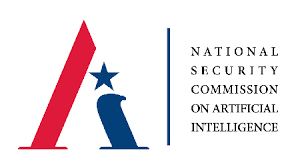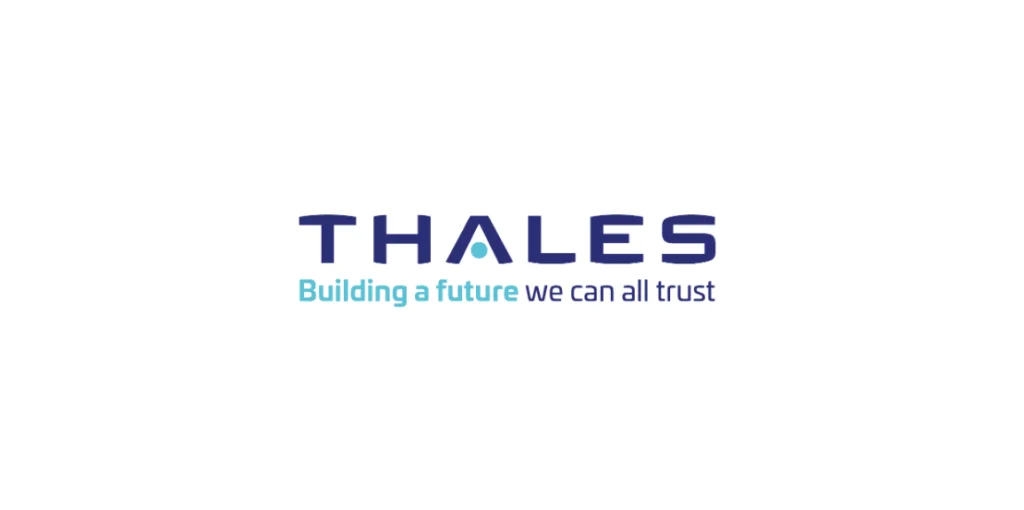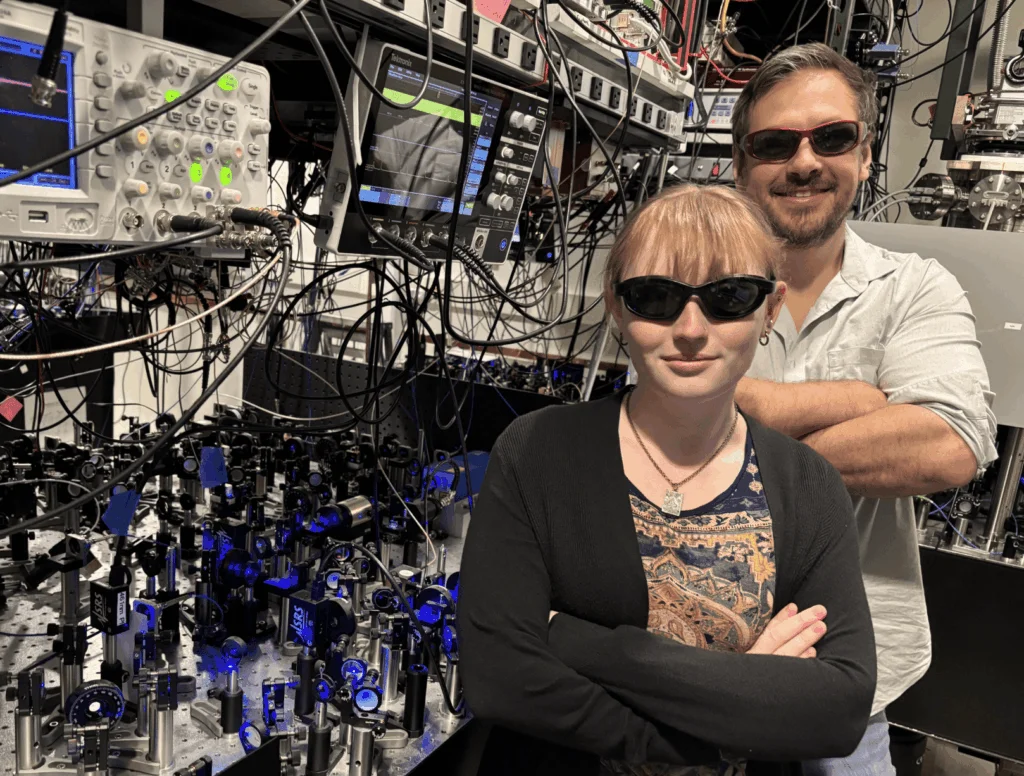
One of the recommendations in a recent report from the National Security Commission on Artificial Intelligence urges the U.S. to transition from basic research to national security applications of quantum computing and incentivize domestic fabrication.
The report comes on the heels of reports that U.S. President Joe Biden is worried about the falling capacity of the U.S. to make and supply computer chips.
The commission’s sweeping 756-page report — which you can find here — sees that quantum computing and AI are linked. National security, therefore, relies on leadership in both technologies, according to the report.
According to the report: “The United States is a global leader in research of quantum computers, but it risks losing its edge in applications to national security. Recognizing that advances in quantum computing may drive advances in AI, the United States must establish trusted sources of materials and components for quantum computers, invest in the development of hybrid quantum-classical algorithms, and focus on fielding of national security applications.”

The commission, which is an independent federal entity, and its goal is to complement and strengthen ongoing AI-related efforts in the executive branch and Congress, recommends that the National AI Research Resource will facilitate the development of hybrid quantum-classical algorithms that leverage noisy intermediate-scale quantum computers.
Further, the commission suggests: “Publicly announcing specific government use cases of quantum computers will signal that a market exists for national security applications and encourage further investment by the private sector.”
According to the commission, the report presents the NSCAI’s strategy for winning the artificial intelligence era and offers the steps the US must take to responsibly use AI for national security and defense, defend against AI threats, and promote AI innovation.
Implementation will take time and effort, according to NSCAI commissioners Andy Jassy and Ken Ford
“It’s important to realize that you can’t just flip a switch and have these capabilities in place, it takes steady, committed hard work over a long period of time to bring these capabilities to fruition,” said Jassy in a news release.
Ford added, “This report lays out an actionable path to an AI-enabled future.”
The success of the project rests in uniting the different branches of government, said NSCAI Commissioner Safra Catz
“We are asking for [the U.S. government] to break out of our traditional silos and work together. This is meant for our nation,” said Catz.
The release states that over the past two years, the 15-member Commission representing a diverse group of technologists, business executives, academic leaders, and national security professionals, issued an initial report in July 2019, interim reports in November 2019 and October 2020, two additional quarterly memorandums, a series of special papers in response to the COVID-19 pandemic, and now a final report. The Commission worked in close collaboration with the Congress, the White House, and executive departments and agencies. The goal was to produce a comprehensive and enduring national approach to maintain America’s AI advantages related to national security.
The Commission staff said it will continue to reach out to academia, industry, non-profits, associations, and government to discuss the recommendations made in the final report.















